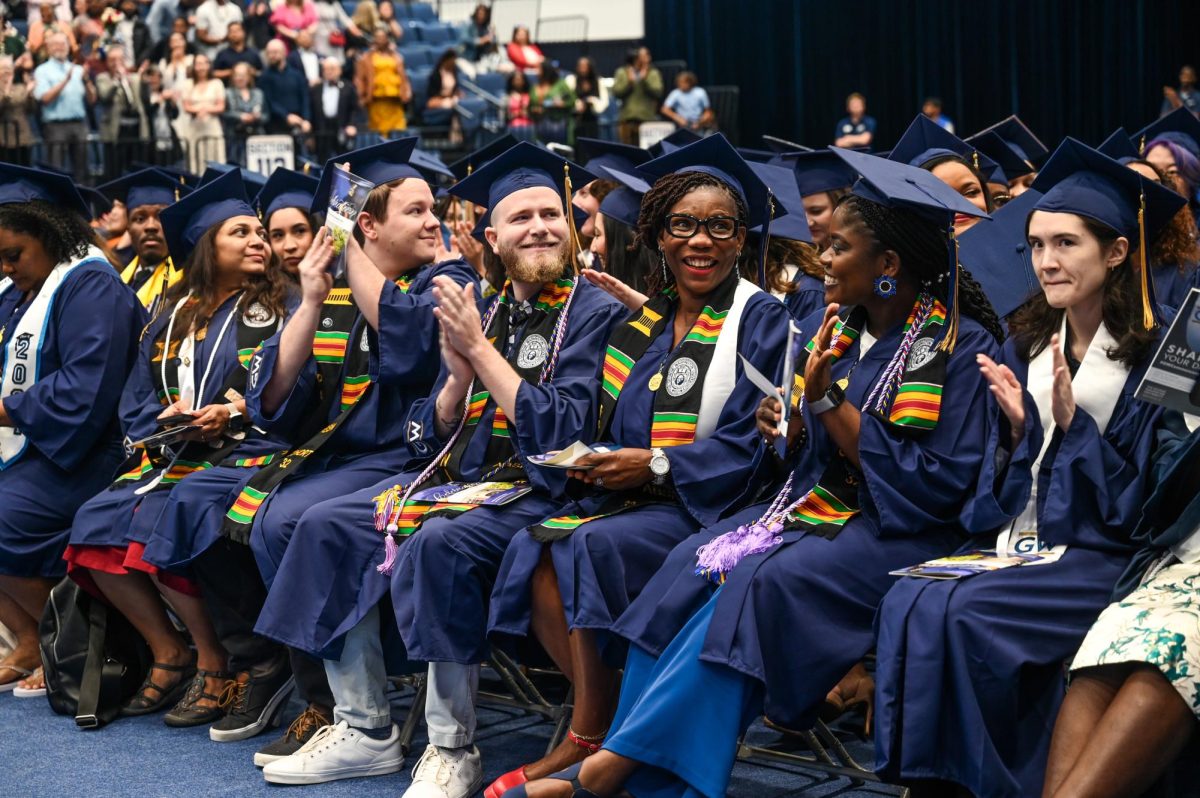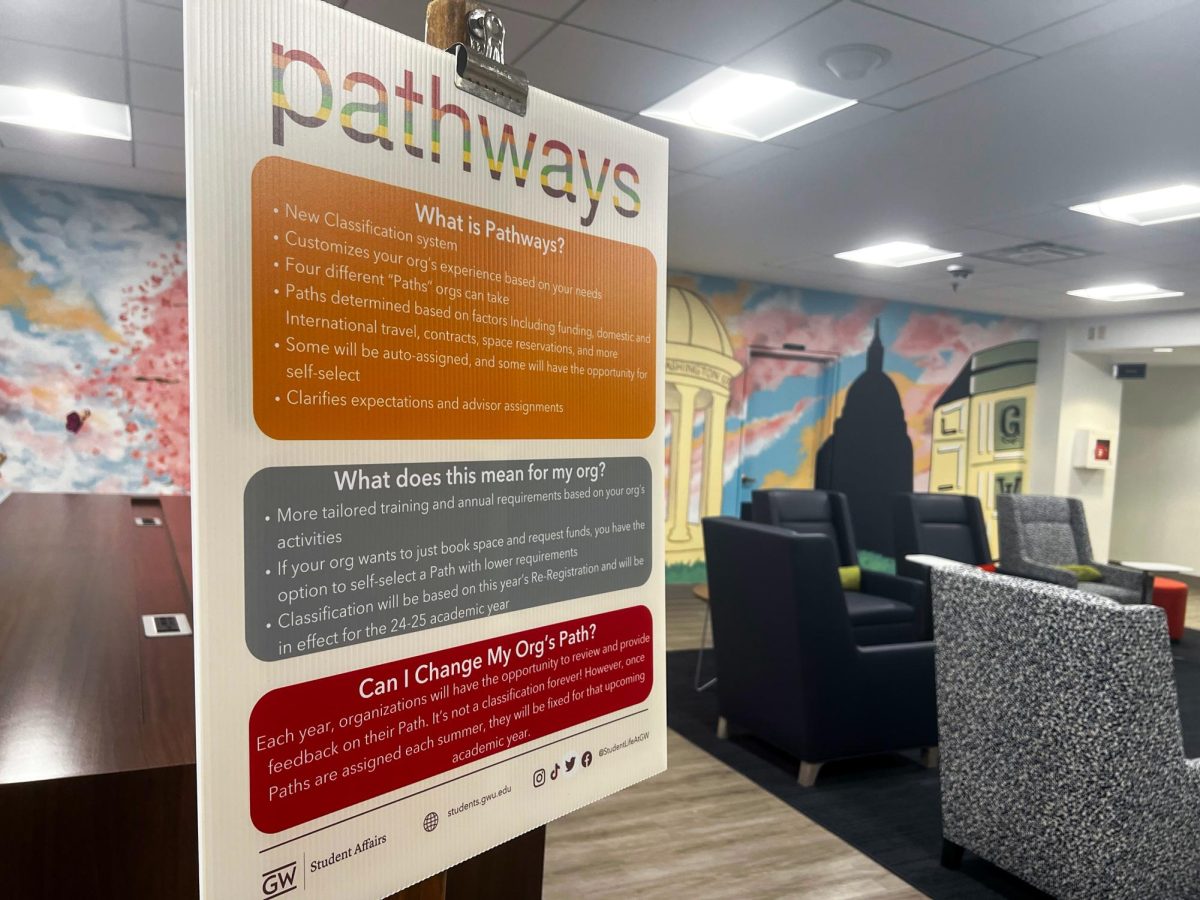Adrian Fontecilla is in his third and final year of GW Law School. But unlike many other graduate students these days, he does not have to worry about securing future employment in the sparse job market.
Thanks to his previous participation in a summer associate program, he and many of his fellow law students already have lucrative jobs lined up. This experience, unique to the field of law, exposes aspiring lawyers like Fontecilla to the inner workings of private firms, leaving the best of them with a profitable job offer at the end of a few months.
The Association for Legal Career Professionals has been surveying law firms about their summer programs since the early 1990s. Since then, an average of 89 percent of all summer associates, like Fontecilla, receive a job offer after completing a program. Larger firms, and those located in cities like New York and Boston, typically offer more than 90 percent of their summer associates a job.
But students must first be selected to participate in a summer program, which is no easy feat. Fontecilla, headed to work in a large New York firm this summer, faced a rude awakening when he began the recruitment process for securing his summer job.
“Before law school you hear about all this glory and pay, when in fact, only a small percentage of law students get those associate jobs,” Fontecilla said. “You quickly realize it’s very competitive.”
To help students secure a coveted summer associate position, Carol Montgomery and other advisers in the GW Law School’s Career Development Office travel around the country to attract firms to come to campus and meet with students.
During large recruitment programs every August and September, about 275 firms come on campus, and then another about 300 will have resumes collected or have students contact them directly, Montgomery said.
Once in contact with a firm, students then endure a series of rigorous screening and call-back interviews.
“Primarily what you’re trying to do – and it’s very difficult – is look at someone in a 20-minute interview and a series of 30-minute interviews, and see if they’d be a right fit for your firm and your practice,” said Marc Miller, a hiring partner at the law firm Holland & Knight.
But the interview process works both ways.
“You’re getting to know the firm as they’re getting to know you, because you want to work with good and hard-working people and know that you’re going into a solid business,” Fontecilla said. “A couple law firms have recently disappeared off of the map.”
This effort to gain some mutual understanding extends beyond the initial interview process and pervades the program itself. Megan Doyle, a third-year law student who was a summer associate at the law firm Covington and Burling, describes her experience as “a 10-week long interview process for a job after graduation.”
Fontecilla saw his experience as an opportunity to understand what life would be like as a lawyer.
“A lot of times you don’t know what it’s like inside the walls of the firm. You see the movies, but it’s a chance to ask questions, especially what you weren’t able to ask during the interviews, and get to know the lawyers firsthand,” Fontecilla said.
Summer associate programs consist of a unique blend of substantive work – similar to what students would be assigned as entry-level associates – and social activities, so that they and the firm’s lawyers will have the opportunity to learn if they are a good match for one another.
While a summer associate in New York, for instance, Fontecilla was taken to Broadway plays, musicals and concerts and toured the United Nations headquarters.
Still, summer associates cannot take these benefits for granted.
“You take advantage of the perks but you don’t abuse them,” Fontecilla warned. “If you do bad work and you slack off, they don’t need to give you the offer, so you go in with the understanding that you’re not an employee until the end of the summer. Never give them an excuse to not invite you back.”
But neither Fontecilla nor Doyle said they experienced much competition among their fellow summer associates.
“There was a camaraderie between me and the other members of my summer class, because it’s not so much as you’re competing against the other members, you’re just trying to do good work yourself,” Doyle said.
The majority of students offered a job decide to work at the firm that hosted their summer associate program, though young lawyers can practice public interest law in nonprofit organizations, clerk for judges, work for the government or practice law in smaller, more intimate firms.







